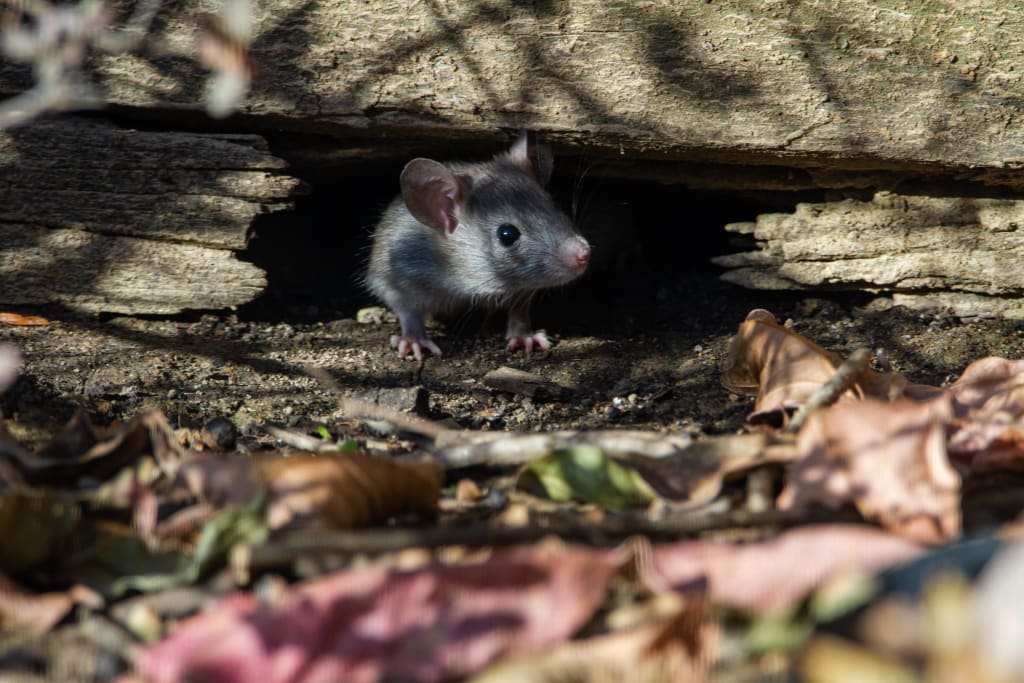
Sophie Marceau starred in a movie called Fangfang.
In this movie, there is a wall made of glass. The hero saw his mother frequently change sexual partners when he was young, so he always felt that once two people have sex, love will end.
So when he fell in love with Fangfang, he decided to pursue her forever and never have physical relations with her. He rented the room next to Fangfang's and replaced the middle wall with a pane of glass. He looked at Fangfang through the glass every day, but would never go over to possess her. "Love never begins, and it never ends" -- this glass wall also represents a wall of the heart.
This fear of love is not uncommon.
At a time when intimacy between people seems to be getting easier and easier, real intimacy seems unattainable. Our protection of our inner core has actually increased -- exposing ourselves to the outside world, especially our vulnerability, has become almost "shameful".
We both crave and fear real intimacy. We have a defensive mentality about love that gives us a false sense of safety and security, that it will protect us from harm, but actually prevents us from getting the intimacy we crave.
The deep reason for fear of love
According to psychologist Abigail Brenner, fear of love varies from person to person -- presenting in different ways and occurring at different stages of a relationship. It may strike you that our fear of love is based on seven reasons, she suggests.
(1) True love makes us feel vulnerable
Unlike romantic passion (in the early stages of love), which is all about personal satisfaction, "love" involves compromise, even sacrifice, and a reversal of singledom habits. A new, serious relationship means two people carving out shared territory in an unknown journey. The territory is so vast and unpredictable that it appeals to the innate fear of the unknown in each of us.
Falling in love also means taking great risks: we need to place great trust in others and accept their influence, which makes us exposed and vulnerable. This is when our internal defenses are challenged.
To love someone is to give that person the power to hurt you and trust that person not to abuse that power.
(2) New love will wake up old wounds
Sometimes we turn our back on a new intimacy because it awakens old feelings of hurt, loss, anger, and abandonment.
When we enter a new relationship, it's hard not to recall the past -- our upbringing can be a barrier to intimacy. The emotional damage we experience from an early age not only has a huge impact on how we view those around us, but also changes how we behave in love. Negative stimuli from the past make us wary of opening up to new people.
Dr. Pat Love said, "When you crave Love, pain often accompanies it." This pain, in fact, is for the past can not get love pain.
(3) Love challenges our old notions of who we are
Many people doubt their self-worth. There's an inner voice, like some cruel critic, that keeps whispering in your head, "You're worthless. You don't deserve love. You don't deserve happiness."
This inner voice may come from painful experiences in childhood, harsh criticism from parents early in life, abandonment and trauma from past relationships, etc. Despite the passage of time, these harmful thoughts become ingrained in our minds. We think they're just occasional negatives, but we don't realize they're all enemies in our heads.
If someone tries to get close to you, praise you, or love you, you will feel embarrassed and want to run away, and you will unconsciously become defensive because their love and behavior challenge your sense of self.
(4) The most real joy, will bring the most real pain
Few of us realize that love and intimacy are a transformative force. Love brings two people together to share their lives and face many complicated problems together. On the one hand, we can feel the joy of love, but at the same time, we can anticipate the difficulties and pains that may arise in the future.
We start to hesitate because we're so worried about the pain it might cause, and many of us refuse to fully commit to a relationship -- "It's not going to work out for us in the future" -- forgetting that investing in the moment is what makes us most happy right now.
In fact, in any situation, we should not choose only happiness and avoid difficulties and pain completely. The bitterness and joy of life are always shadowing and reflecting each other. It is the pain that makes the joy.
(5) Love is often unequal
Although very hate to say so, but have to point out, in the reality of love, both sides are always very difficult to equal.
Some people fear that "they love the other person more than the other person loves them," fearing that they will fall into a passive state as a result. Others fear that "the other person loves them more than they love the other person." They worry that being with the other person will not allow them to move forward in their relationship, thus failing to meet their expectations and hurting their partner.
Unequal relationships make us want to run away. Lolita has to run away from Humbert in Lolita.
The fear of emotional asymmetry hampers the natural development of our emotions. Instead, we need to be more open. Worry and guilt can affect how we feel, prevent us from getting to know each other, and trap us in our own ways, preventing our relationships from growing freely.
(6) Love destroys the bond with the family of origin
Love is the ultimate sign of growth. It means we begin to live our lives in an independent way. It also meant separation from the family of origin. Like changing old self-perceptions, it's not just a physical separation, it's not literally giving up, it's independence on an emotional level -- something that many people find repellent and resistant, or parents feel resistant and put a lot of obstacles in their children's way.
In fact, love is an opportunity for us to tear ourselves down and rebuild ourselves: the opportunity to choose not to be affected by the trauma of our early years, to see ourselves in love as worthy of love and to rebuild our sense of self.
The more you love, the more you fear to lose
The more we have, the more we have to lose. The more important someone is to us, the more afraid we are of losing him. The better, more valuable and meaningful a life is, the less we want to end it.
Therefore, when we fall in love, we not only face the fear of losing the other person, but also feel the shortness of our own life. In order to overcome this fear, a significant number of people will "find problems" with superficial reasons and even make the decision to abandon the relationship.
In doing so, we rarely realize that this is a fight based on deep concerns, but instead try to convince ourselves with a million reasons that we shouldn't continue to maintain the relationship. However, each of these reasons has a solution. What really drives us is the fear of loss.
How to overcome the fear of love?
When dealing with intimate relationships, these concerns are disguised and covered up by various excuses. Only by being aware of what's troubling us inside, understanding our deep concerns about love and intimacy, and how they affect us, are the first steps to a great and lasting relationship.
It's important to note that before we can approach intimate relationships in a healthy, positive way, we must first understand and accept ourselves and develop a level of self-esteem and confidence that will help us realize our true worth. If we rely only on others' opinions to feel good about ourselves, we will be tempted to please each other and give up our egos in our interactions. This in itself causes us to give up rights that are ours in the relationship.
Complementing each other is that only by allowing ourselves to accept and maintain a true love can we know and understand ourselves better, and achieve self-satisfaction and self-fulfillment in love. If we are forever afraid of being hurt by the potential dangers of our relationships, we will never truly invest in them, leaving our relationships weak, dry and empty. There will always be a hole in our hearts that cannot be filled by other things (friends, career, worldly success, etc.).
Easier said than done. Life is never easy. There will always be deception, hurt, insult, rejection. There will always be moments when we are not happy, but as Calvino says in Invisible City:
"There are two ways from suffering. For many people, the first is easy: hell, be a part of it, until you feel it's there. The second is risky, requires persistent vigilance and learning: in looking for the people and objects of hell, hell learn to discern between them, make them survive, give them space."
I think the same is true of love.






Comments
There are no comments for this story
Be the first to respond and start the conversation.